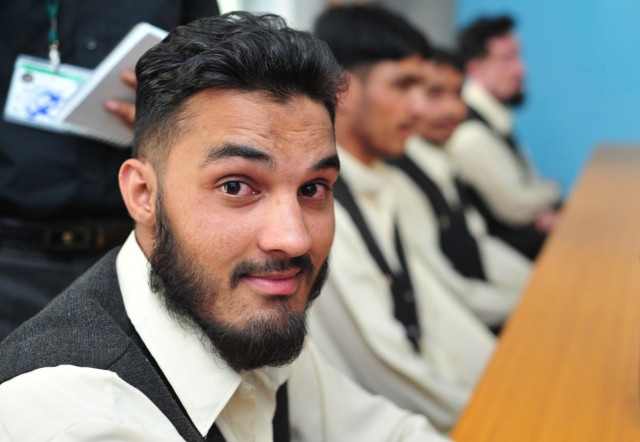Dealing with minds
There seems as yet to be no end to the thinking that spurs on militancy and extremism in Pakistani society.

This point was emphatically put forward by General Ashfaq Parvez Kayani when he spoke in Mingora at a seminar on deradicalisation a few days ago. He pointed out that nothing could be achieved unless the mindset of people was changed and that military actions alone could not bring an end to the militant violence we have lived with for more than ten years. The army chief pointed out that organisations in civil society and the government itself needed to play a role in this by working out a strategy on altering the existing mode of thinking. Much of what has happened has been achieved by extremist groups who specialise in luring over young men to their cause through a process of propaganda that promises them a great deal after death. For those who have little in this life, such promises mean a lot. Other means have also been used to radicalise people including those who live in major cities and towns.
This process needs to be reversed. There have been some experiments in trying to achieve this, notably in Swat where a ‘retraining’ institute for boys recruited by militants was set up by the army. More such institutes are needed, but rather than piecemeal efforts, we need to find a way to bring a sweeping change in our society. This can happen only if government and non-government organisations work together to change curriculums and to implement laws that bar the spread of hatred so that tolerance and mutual harmony can once again be introduced to a society that has lost touch with such values. Last but not least, the state must stop patronising or ignoring, for foreign policy aims, groups that have an unambiguously extremist outlook.
Published in The Express Tribune, July 11th, 2011.














COMMENTS
Comments are moderated and generally will be posted if they are on-topic and not abusive.
For more information, please see our Comments FAQ